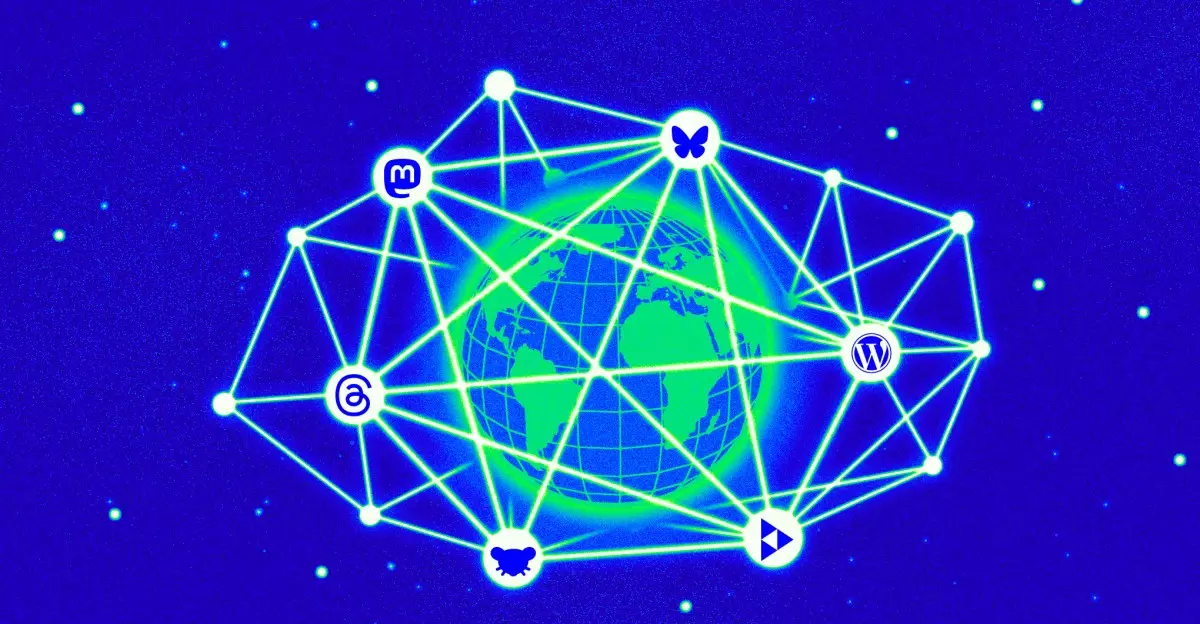In an age where online privacy concerns are at an all-time high and users are increasingly disillusioned with traditional social media platforms, the emergence of decentralized social networks represents a monumental shift in how individuals engage with one another digitally. This transformation reflects a collective yearning for autonomy, transparency, and community-centric interaction — virtues that mainstream platforms have often sidelined. Innovators such as Bonfire Social, Channel.org, and Bounce are not just creating apps; they are spearheading a movement toward more equitable digital spaces that embrace user power.
Bonfire Social: Custom Communities Redefined
At the forefront of this movement is Bonfire Social, a groundbreaking platform unveiled at the annual FediForum conference. Bonfire Social aims to redefine community governance in the digital landscape by allowing users to create tailored digital communities. Unlike the monolithic nature of conventional social media, Bonfire Social offers diverse “flavors” of its platform intended to cater to distinct collaborative needs.
The recently announced Bonfire Social 1.0 is a remarkable step forward—it provides a pre-configured bundle of features that enhance user interaction such as custom feeds and threaded discussions. This app facilitates a mechanism for individuals to seamlessly come together, share ideas, and build a community that reflects their unique values and goals. Such an approach contrasts sharply with the homogenized interactions on mainstream platforms like Facebook and Twitter, where algorithms often prioritize engagement over genuine connection.
Bonfire’s federated architecture allows it to interact with existing networks like Mastodon and Peertube, creating a richer, interconnected social tapestry. With additional offerings like Bonfire Community for private organizations and Open Science for academic collaboration, Bonfire Social is a testament to how decentralization can foster cooperation across different sectors of society.
Channel.org: The Art of Curation
Complementing the efforts of Bonfire Social is Channel.org, a dynamic service that empowers users to curate their social media experience meticulously. By facilitating a focus on specific hashtags and accounts—bridging with popular platforms like Bluesky and integrating with RSS feeds—Channel.org promises to be a powerful tool in the hands of users seeking tailored content.
The ability to filter out unwanted rhetoric and to manage visibility through subscription-based channels echoes the desire for a more refined and personalized information stream. Built on a customized Mastodon server operated by UK’s Newsmast Foundation, Channel.org presents an intriguing model, merging a robust foundation with the flexibility of user-driven content curation.
In a world saturated with misinformation and sensationalism, the advent of such curated feeds can reclaim the narrative for users tired of chaotic, unregulated content. Imagine a digital landscape where conversations can be separated from the noise, allowing individuals to engage with pertinent topics without the fear of encountering hate speech or irrelevant distractions.
Bounce: Seamless Transition Between Platforms
As digital ecosystems become increasingly fragmented, maintaining a foothold in multiple platforms can feel overwhelming. This is where Bounce comes into play. It offers users an innovative solution for transferring their Bluesky accounts to Mastodon without losing their community connections. This seamless process is critical in a world where online relationships often span across various platforms—intuitively bridging divides and preserving the social networks users have painstakingly nurtured.
The ingenuity of Bounce lies not only in its utility but also in its commitment to user agency—enabling digital nomads to carry their online identities effortlessly from one community to another. It is powered by A New Social’s Bridgy Fed tool, ensuring that the transition is efficient while also nurturing interconnectivity among various decentralized networks.
Future Implications of Decentralized Platforms
The collective efforts of Bonfire Social, Channel.org, and Bounce illustrate a significant moment in internet history. As these platforms gain traction, they not only provide alternatives to conventional social media but also shift the paradigm of online networking toward a more community-focused and equitable approach.
The emergence of these services signifies a growing discontent with the status quo, challenging the very foundation upon which traditional social networks rest. In taking control back into the hands of users, these platforms are not merely altering how we communicate but are igniting a broader conversation about digital citizenship, personal agency, and the empowering possibilities of the open web.
As more individuals join this movement, we may witness a renaissance of social interaction that prioritizes meaningful engagement over superficial metrics. The prospects of this change are as tremendous as they are encouraging, as the digital realm begins to reflect the diverse and rich tapestry of human experience.


Leave a Reply